Sales automation is transforming the way businesses manage and execute their sales strategies. By leveraging technology to streamline repetitive and time-consuming tasks, businesses can focus on what truly matters—building relationships, closing deals, and driving revenue.
What is Sales Automation?
Sales automation refers to the use of software and tools to automate various aspects of the sales process. This includes tasks like lead management, email follow-ups, data entry, reporting, and even customer relationship management (CRM). Instead of spending hours on manual processes, sales teams can rely on automation to perform these functions efficiently, reducing human error and increasing productivity.
How Can Sales Automation Improve My Business?
- Increased Efficiency: Automation tools handle repetitive tasks like scheduling meetings, sending follow-up emails, or updating CRM data, giving your sales team more time to focus on closing deals.
- Enhanced Lead Management: With automated lead scoring and segmentation, you can prioritize high-value prospects, ensuring your team focuses on the most promising opportunities.
- Better Customer Insights: Automated systems gather and analyze data, providing actionable insights about customer behavior and preferences. This enables tailored communication that drives conversions.
- Consistency in Sales Processes: Automated workflows ensure that every lead gets the same level of attention, regardless of the time or sales representative involved.
- Improved Sales Forecasting: Automation tools analyze historical data to provide accurate sales predictions, helping businesses make informed decisions.
What Are the Best Sales Automation Tools?
- CRM Platforms: Tools like Salesforce, HubSpot, and Zoho CRM automate tasks like data entry, lead tracking, and customer management.
- Email Marketing Tools: Platforms such as Mailchimp and ActiveCampaign help schedule and personalize email campaigns, track engagement, and manage follow-ups.
- Sales Engagement Tools: Solutions like Outreach and SalesLoft enable streamlined communication across multiple channels, ensuring timely follow-ups and consistent messaging.
- Lead Scoring Tools: Tools like Marketo and Pardot use AI to rank leads based on their likelihood to convert, making it easier to prioritize efforts.
- Data Analytics Platforms: Looker and Tableau provide valuable insights into sales performance, helping teams refine their strategies.
How to Automate Sales Processes?
- Identify Repetitive Tasks: Determine which tasks consume the most time and are prone to errors, such as data entry or scheduling.
- Choose the Right Tools: Select tools tailored to your business needs, ensuring they integrate seamlessly with your existing systems.
- Create Automated Workflows: Set up workflows for tasks like lead nurturing, follow-up emails, or proposal generation.
- Train Your Team: Ensure your sales team is familiar with the tools and understands how to use them effectively.
- Monitor and Optimize: Regularly review automation workflows to ensure they’re performing as expected and make adjustments as needed.
What is the Future of Sales Automation?
The future of sales automation lies in the integration of artificial intelligence (AI) and machine learning. These technologies will enable even more personalized customer interactions, predictive analytics, and smarter decision-making. Virtual assistants and chatbots are already transforming customer engagement, and we can expect further advancements in voice recognition, real-time analytics, and automation that adapts dynamically to market changes.
By adopting sales automation, businesses can stay competitive, enhance their customer experience, and unlock unprecedented growth. Ready to transform your sales process? Start your automation journey today with ProfitEngines!











